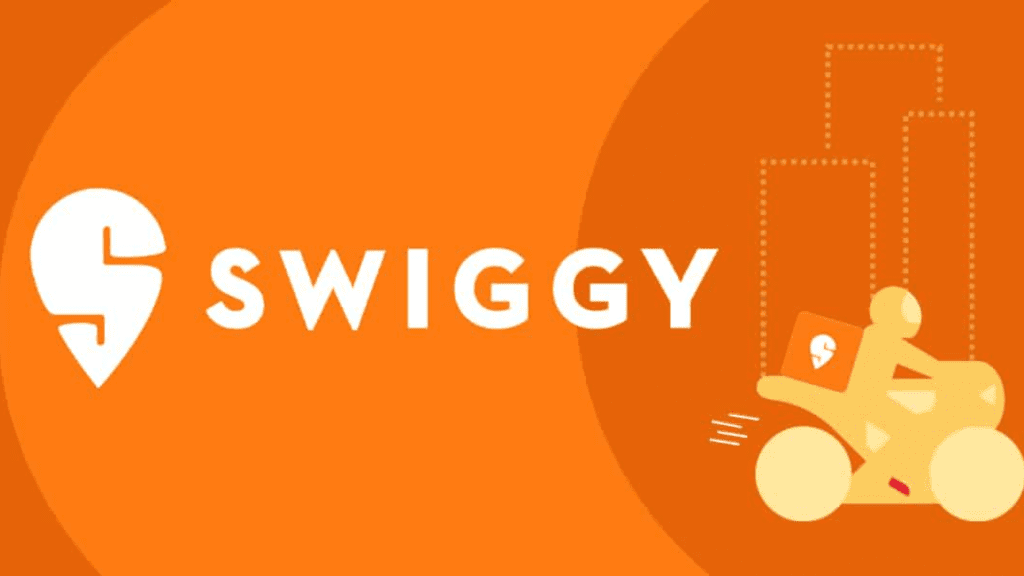Swiggy, the renowned food delivery decacorn, continues to face setbacks as Baron Capital, a US-based firm, has recently revised the startup’s fair value to $6.5 billion as of March 31, 2023.
This is the second time Baron has slashed the valuation of Swiggy within the last few months. Earlier, the US-based firm marked down Swiggy’s fair value by 34% to $7.3 billion as of December 31, 2022.
According to the filings made by the VC firm with the US Securities and Exchange Commission (SEC), the most recent fair value assigned to its stake in Swiggy was $45.76 million as of March 31, 2023.
By extrapolating from Baron’s 0.7% stake in the foodtech company, it can be estimated that the valuation amounts to $6.54 billion.
According to the SEC filings, Baron had invested $76.8 million for 11,578 shares in Swiggy, resulting in a valuation of the foodtech company at $10.96 billion. However, considering the exchange rates on Friday (May 26), Swiggy’s implied valuation by Baron Capital is now lower than Zomato’s market capitalization of $6.84 billion.
Despite Swiggy’s highest private equity valuation of $10.7 billion, Zomato outshined its competitor by reaching a remarkable market capitalization of $15.5 billion at its peak.
In the recent past, Swiggy has experienced a reduction in its valuation as several investors have recalibrated their assessments amidst the global downturn in tech company valuations. In a series of adjustments, Invesco initially decreased Swiggy’s valuation from $10.7 billion to $8 billion in April, followed by a subsequent reduction to $5.5 billion.
During Swiggy’s most recent funding round, Invesco played a significant role as the lead investor, contributing a substantial amount of $700 million.
Earlier this month, Swiggy made an assertion that its food delivery division achieved profitability by March 2023. Although the startup is yet to disclose its financial statements for the fiscal year 2023, its competitor Zomato also declared that its business, excluding the quick commerce vertical, achieved positive adjusted EBITDA in the fourth quarter of fiscal year 2023.
Read More: Swiggy’s strategic initiatives pay off as food delivery business turns profitable
In its pursuit of profitability, Swiggy has been actively implementing stringent cost-cutting measures. This included the decision to lay off 380 employees earlier this year and the strategic closure of certain business verticals, such as Handpicked, that did not align well with the company’s product-market fit.
Amidst competition from Zomato and the government’s Open Network for Digital Commerce (ONDC), Swiggy faces ongoing challenges. The decline in valuations experienced by Swiggy is reflective of a broader trend observed across the global technology industry, where the valuations of various technology companies have been subject to erosion.
A significant number of Indian startups have recently witnessed reductions in their valuations as investors adjust their assessments. For example, BYJU’S, a prominent edtech decacorn, experienced a 50% decrease in its valuation by BlackRock.
Moreover, PharmEasy, a leading e-pharmacy unicorn, encountered two valuation cuts in recent times. Janus Henderson reduced its valuation by 50%, while Neuberger Berman witnessed a decline of 21%. In addition, Neuberger Berman also slashed Pine Labs’ valuation by 38%, bringing it down to $3.1 billion last week. Furthermore, Vanguard decreased the valuation of ride-hailing startup Ola by 35%, setting it at $4.8 billion earlier this month.
